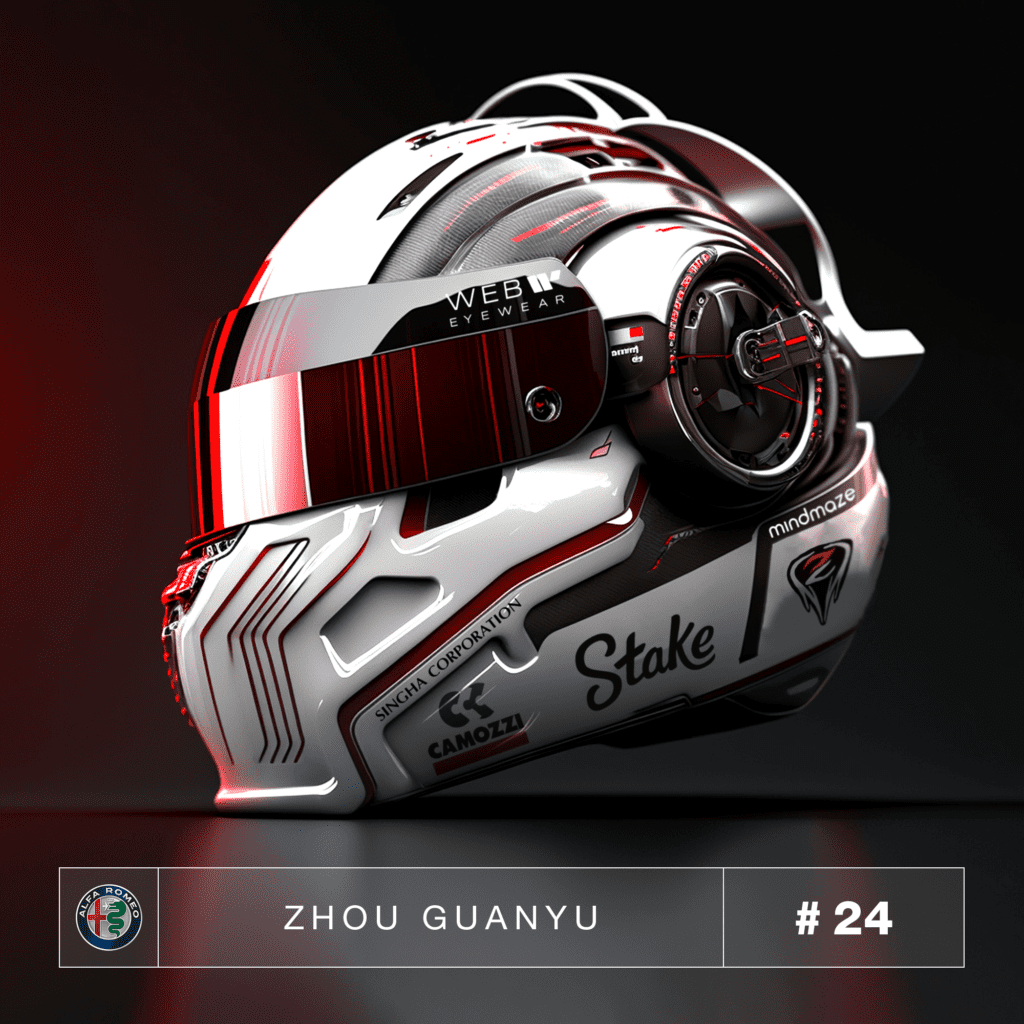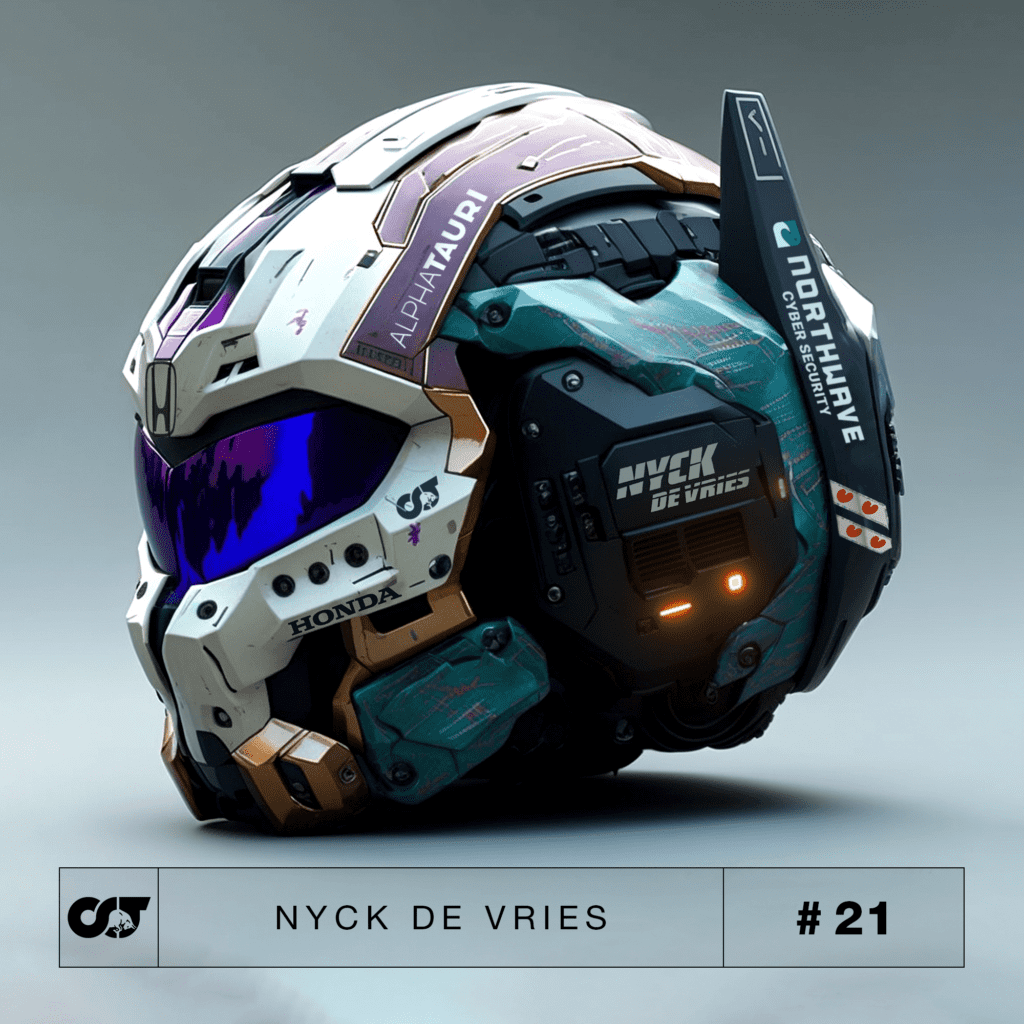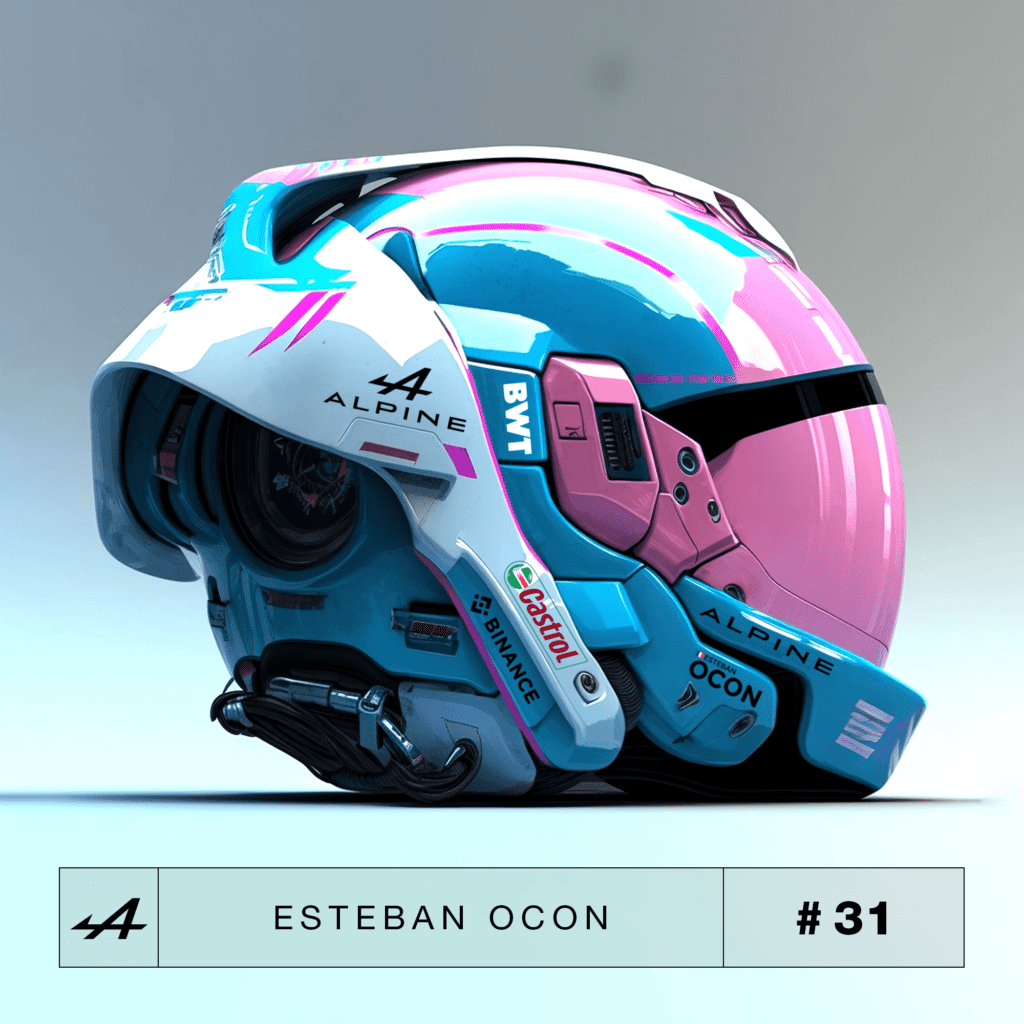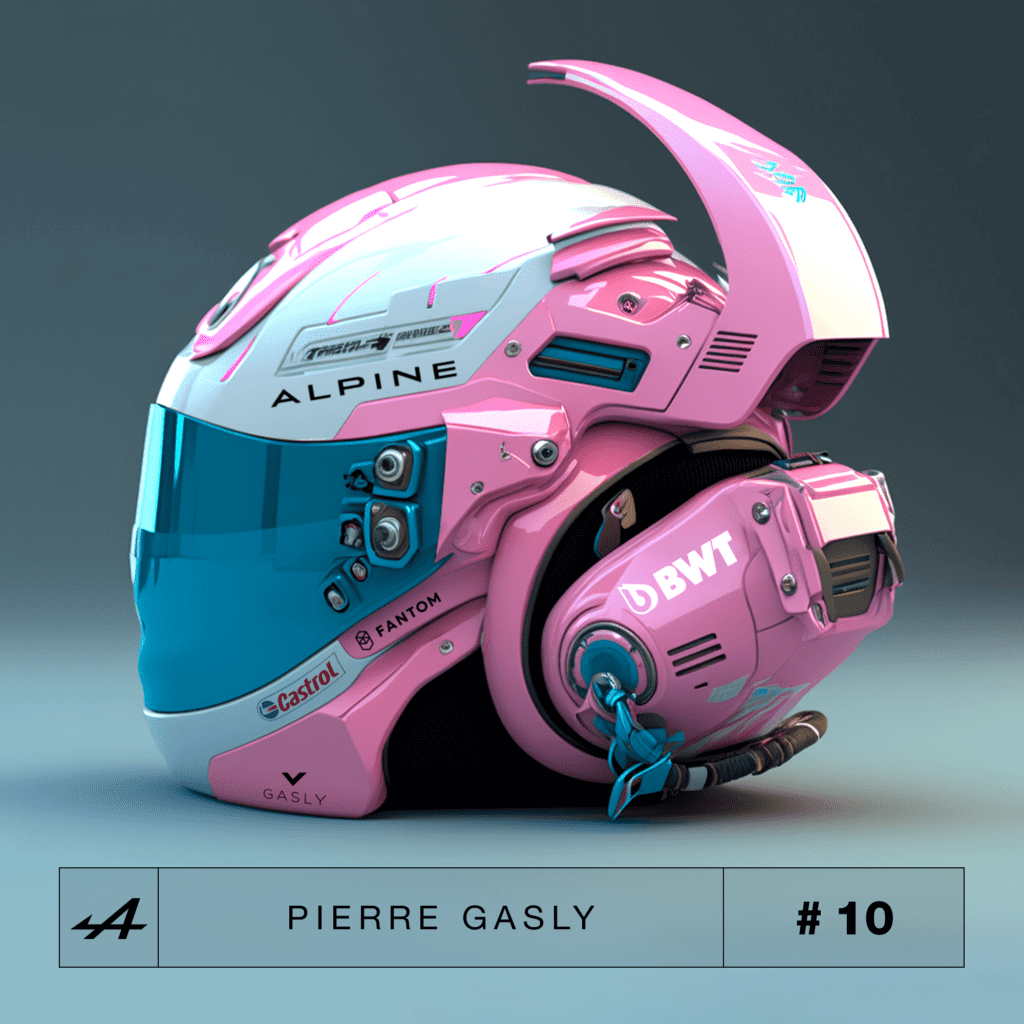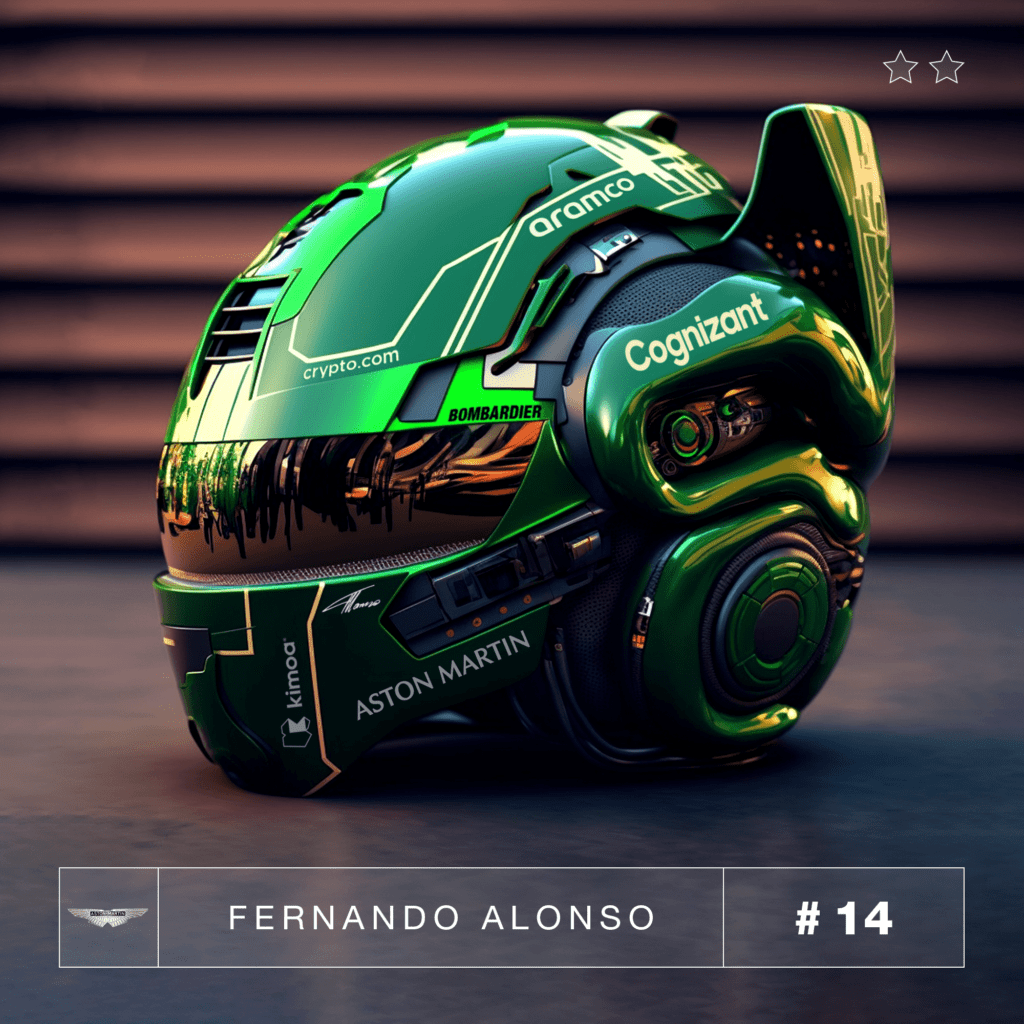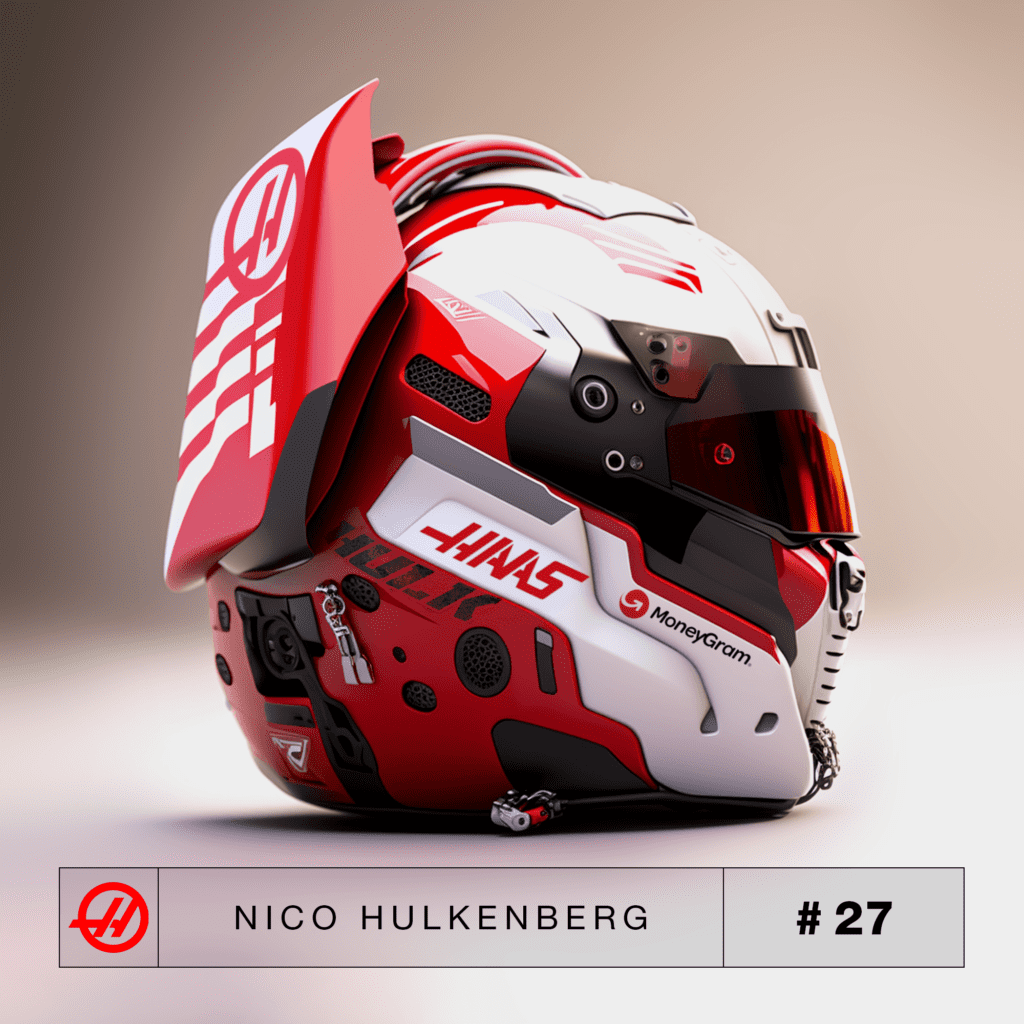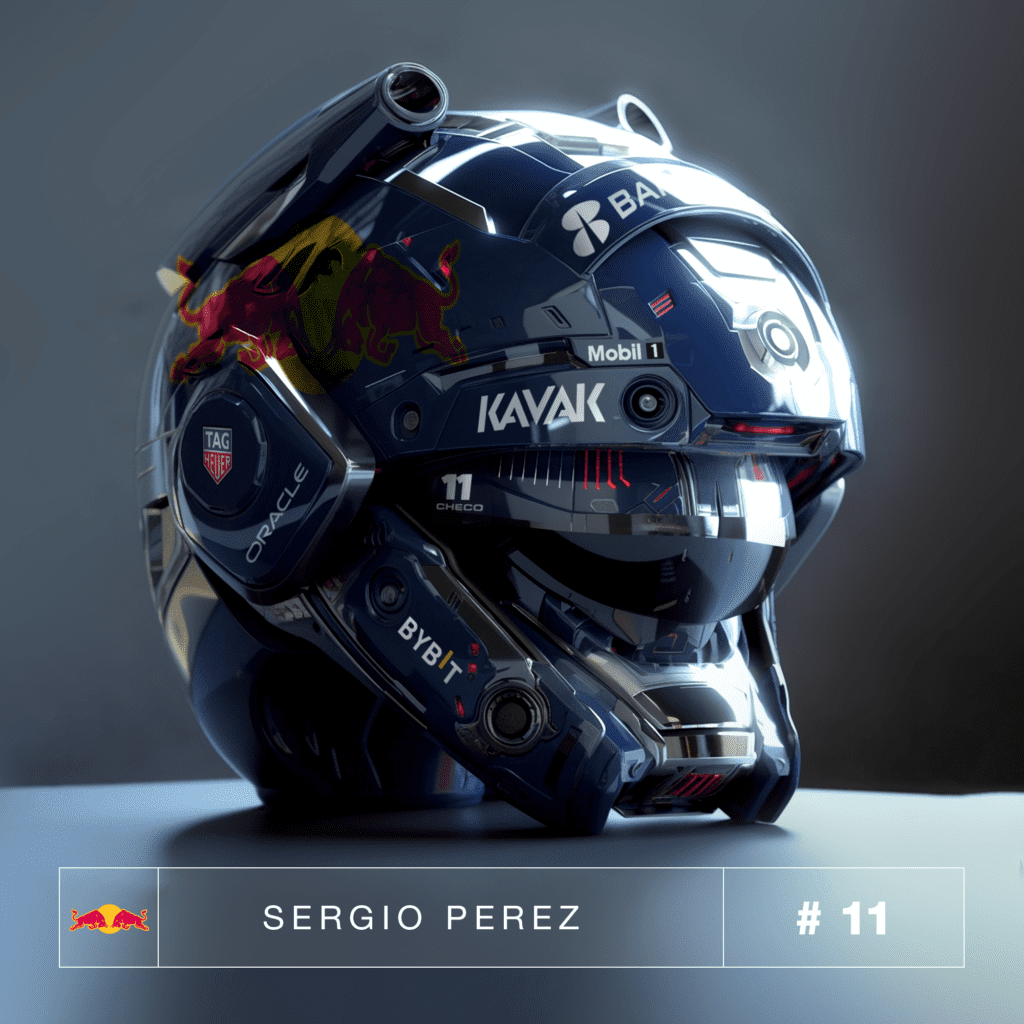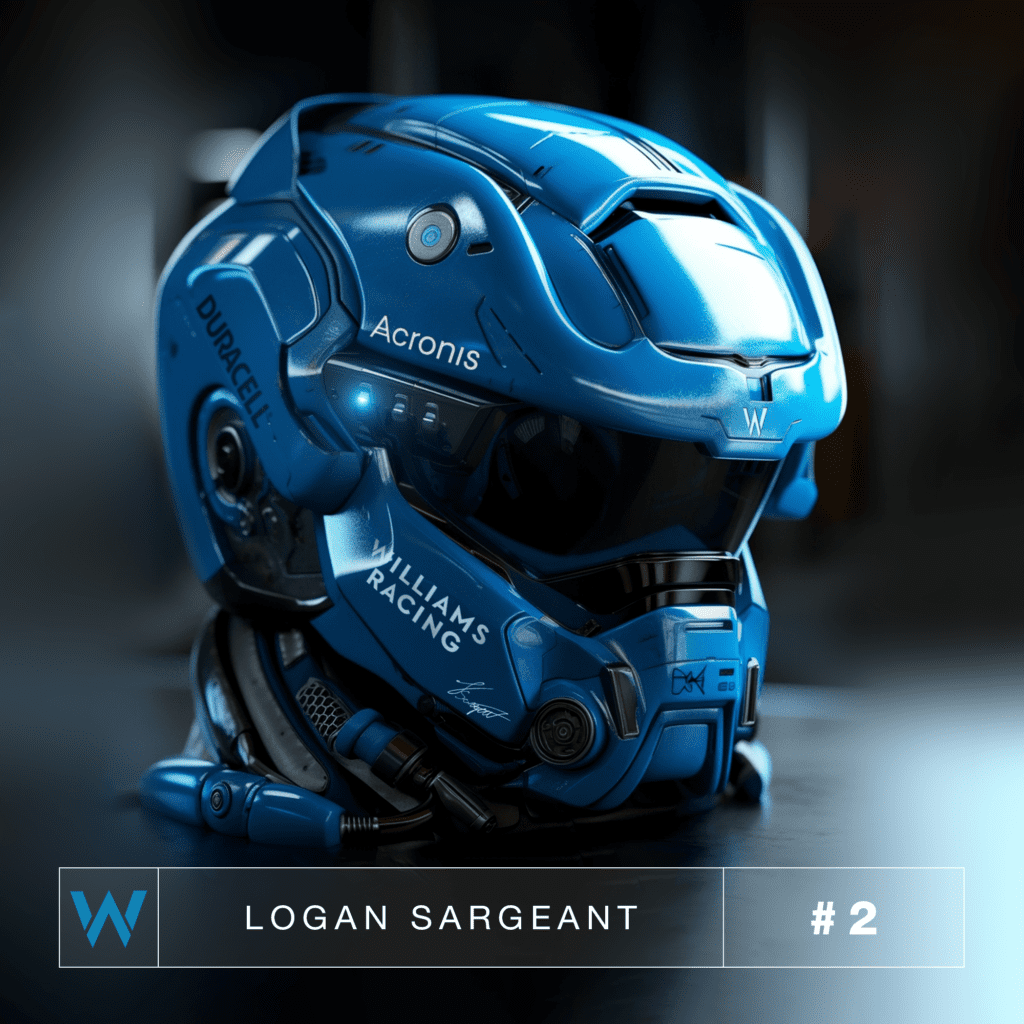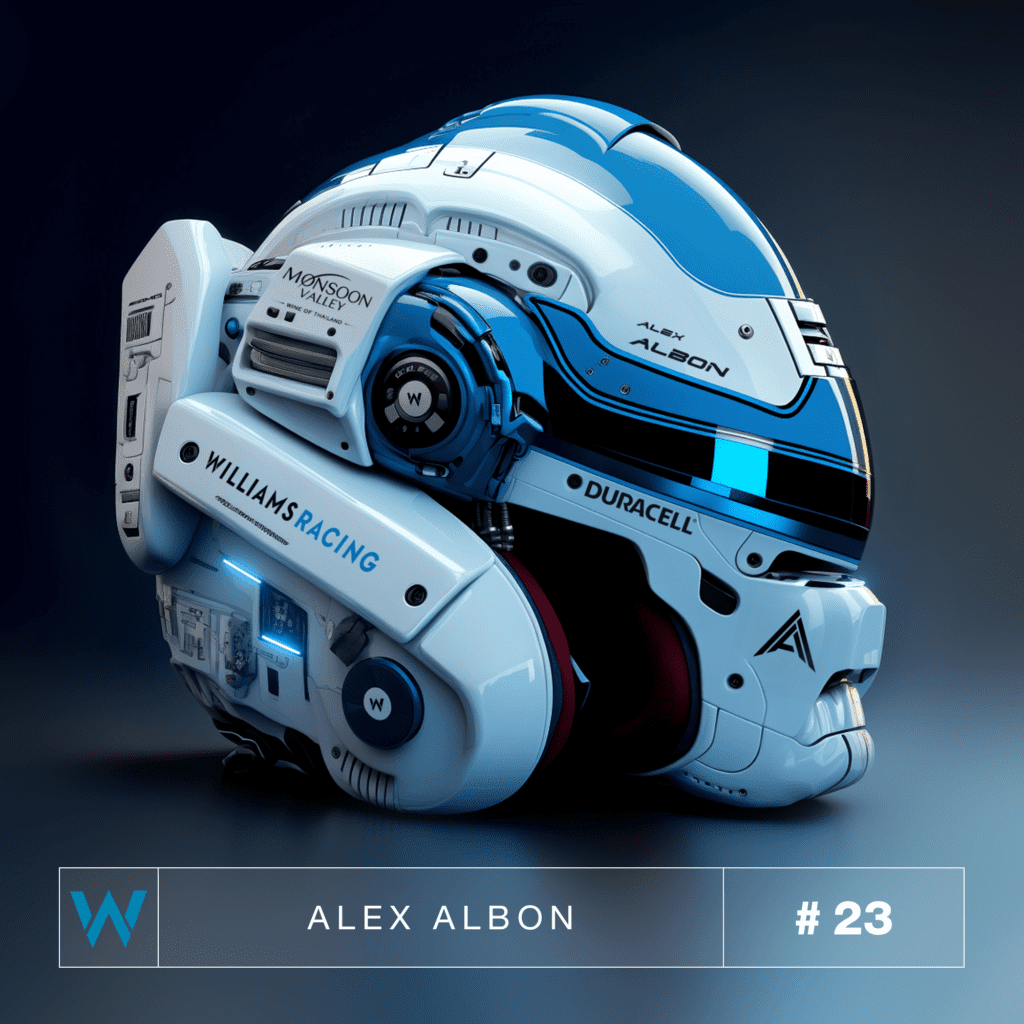Unveiling the Legal Implications of Quantum NFTs: Lawsuit Unfolds
Fast Facts:
- A lawsuit has been filed in relation to the creation and sale of quantum NFTs, raising legal questions about their authenticity and ownership.
- Quantum NFTs leverage quantum computing and cryptography to provide enhanced security and unique properties.
- The lawsuit involves allegations of copyright infringement, fraudulent creation, and unauthorized distribution of quantum NFTs.
- The outcome of this legal battle may set important precedents for the future of quantum NFTs and their regulatory framework.
- Stakeholders, including artists, collectors, and digital platforms, are closely monitoring the lawsuit’s developments due to its potential implications for the broader NFT ecosystem.
The rapid evolution of non-fungible tokens (NFTs) has introduced a new wave of legal challenges, with quantum NFTs emerging as a focal point of contention. In a recent lawsuit that has garnered attention within the digital art community, complex legal questions are being raised regarding the creation and distribution of quantum NFTs. As artists and collectors eagerly embrace this cutting-edge technology, the lawsuit highlights the need for a comprehensive legal framework to address the unique aspects of quantum NFTs.
Allegations of Copyright Infringement
One of the central issues in the lawsuit revolves around copyright infringement. The plaintiff claims that their copyrighted artwork was unlawfully transformed into a quantum NFT without their consent, effectively bypassing their control over the distribution and monetization of their creation. This case brings into focus the challenge of ensuring artists’ rights are protected in the realm of quantum NFTs, where the boundaries of ownership and originality are being redefined.
The Quest for Authenticity and Ownership
Quantum NFTs leverage the power of quantum computing and cryptography to offer enhanced security and traceability. However, the lawsuit calls into question the authenticity and ownership of these unique digital assets. The defendant argues that the quantum NFT was created through a novel algorithm, distinct from the plaintiff’s artwork, thus disputing the claim of copyright infringement. This dispute highlights the need for standardized protocols and verification mechanisms to establish the authenticity and provenance of quantum NFTs, ensuring transparency and trust within the digital art market.
“As the lawsuit surrounding quantum NFTs unfolds, it underscores the pressing need for a comprehensive legal framework to protect artists’ rights, define ownership in the digital realm, and establish trust within the ever-evolving NFT ecosystem.”



